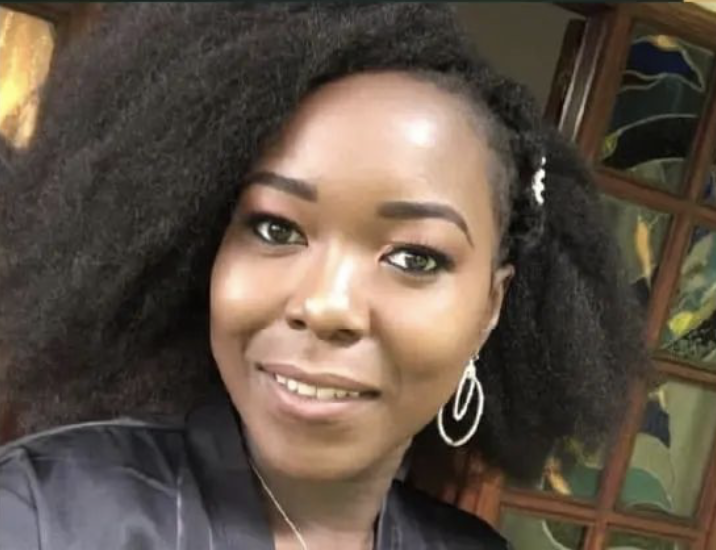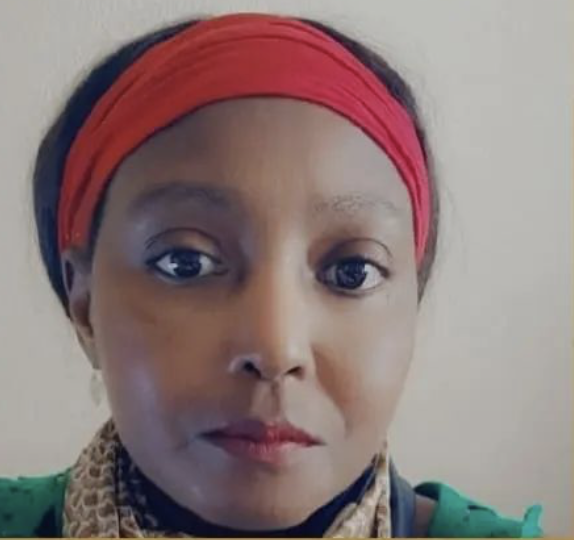
World Lupus Day is marked every year on May 10th. In fact in the USA, the month of May is recognized as the lupus awareness month. To promote awareness for lupus, purple is the designated color for the month and the cause.
In simple terms, lupus is an auto-immune disease whereby the body’s own immune system attacks its own tissues and even organs. Symptoms may vary and escalate without warning! Because there is no known cure for lupus, it is a chronic illness that one must learn to manage and undergo treatment for, in a cycle of flare ups and remissions.
The exact cause of lupus remains unclear, but researchers believe that a number of factors such as hormones and genes, in some rare cases certain drugs may trigger lupus, as well as the environment, may have a role to play. While any race may develop lupus, it is more common in women of color. Living in Kenya, this means that African and Asian women are at risk. It must be noted that while women may suffer early onset and severe disease, men too can suffer from lupus.

Lupus usually presents differently not just between males and females, but from one person to another making it very difficult to confirm diagnosis. According to the American College of Rheumatology, there is a standardized classification scheme that is used to diagnose lupus. Using a list of 11 criteria, an individual is diagnosed as having lupus if they meet 4 out of the 11 criteria. This system still requires extensive blood tests to check on very specific markers for lupus, making it not just an expensive disease to treat, but an equally expensive disease to diagnose!
This month, 2 Kenyan women Caroline Obala and Anne Lilian, who are both managing lupus, while living and working in America, were in Kenya trying to raise awareness on lupus through the foundation they started called Scleroderma, Lupus and other Autoimmune Diseases Inc. (SCLAD). From organizing a walk, to media interviews, they are keen to begin to create partnerships that could assist in providing treatment for many Kenyans living with lupus, and spur the creation of legislation and other frameworks that could mitigate the costs that come with a lupus diagnosis and treatment. Living in a first world has allowed these women the opportunity to access quality healthcare and the same should be available for patients in Kenya too! And it all begins with knowledge, and each of us in whatever capacity, getting involved in every level.
To learn more about their foundation and what it’s like to live with lupus, follow @sclad_awareness on Instagram, and watch Anne Lilian speak here:



